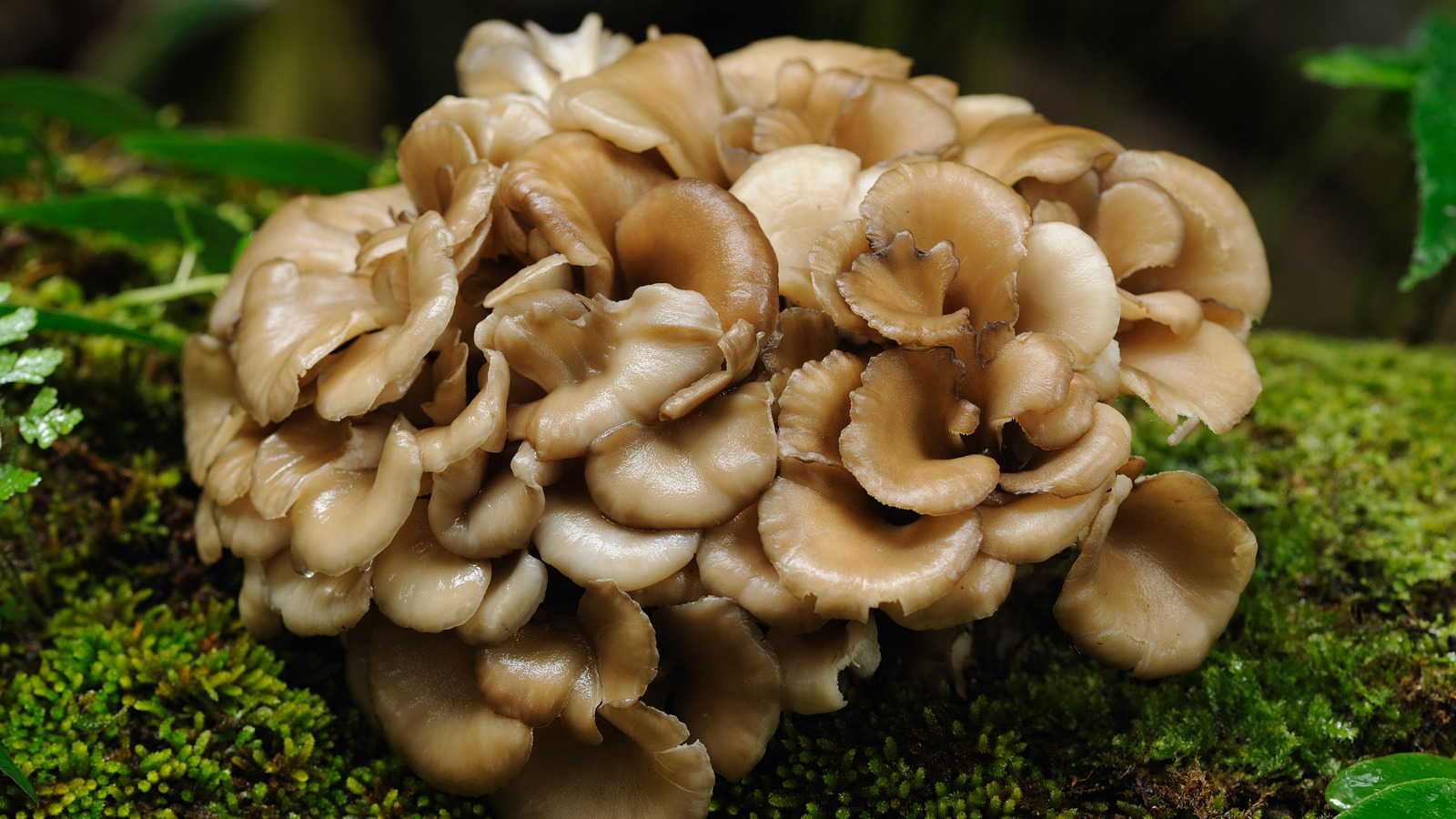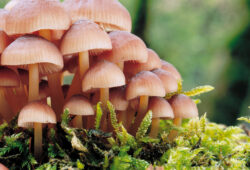The Comprehensive Guide to the Benefits of Lion’s Mane Functional Mushrooms
 Posted On
Posted On
introduction
Lion’s Mane, scientifically known as Hericium erinaceus, is a unique and fascinating mushroom with a long history of traditional use, especially in Asian cultures. This remarkable fungus has gained popularity in recent years as a functional mushroom with numerous potential health benefits. In this comprehensive guide, we will delve into the various advantages of Lion’s Mane mushrooms, their mechanisms of action, recommended usage, and the potential impact on health and well-being.
Understanding Lion’s Mane Functional Mushrooms
Lion’s Mane mushrooms, also known as yamabushitake or monkey head mushrooms, are native to Asia, Europe, and North America. They are distinctive for their cascading, white, and furry appearance, which resembles the mane of a lion. Lion’s Mane mushrooms have been traditionally used in Chinese and Japanese cuisine and medicine for their potential health benefits. They are rich in bioactive compounds, including hericenones and erinacines, which are believed to be responsible for their medicinal properties.
Benefits of Lion’s Mane Functional Mushrooms
Cognitive Enhancement
One of the most celebrated benefits of Lion’s Mane mushrooms is their potential to enhance cognitive function. They are believed to stimulate the production of nerve growth factor (NGF), a protein that plays a crucial role in the growth, maintenance, and repair of nerve cells. By promoting NGF production, Lion’s Mane mushrooms may support brain health, improve memory, and enhance overall cognitive performance.
Neuroprotection
Lion’s Mane mushrooms have neuroprotective properties due to their ability to reduce oxidative stress and inflammation in the brain. These effects can help protect brain cells from damage and contribute to cognitive well-being. The potential to reduce the risk of neurodegenerative diseases, such as Alzheimer’s and Parkinson’s, is an area of active research.
Mood Regulation
Lion’s Mane mushrooms are believed to have mood-regulating properties. They can influence the release of various neurotransmitters, such as serotonin and dopamine, which play a key role in mood and emotional well-being. These effects may help alleviate symptoms of depression and anxiety.
Nervous System Support
The stimulation of NGF production by Lion’s Mane mushrooms may promote the health of the entire nervous system. This can have a profound impact on cognitive health, memory retention, and overall mental clarity.
Immune System Boost
Lion’s Mane mushrooms contain polysaccharides and other immune-modulating compounds that can enhance the activity of immune cells. They help the body defend against infections and diseases, supporting overall health.
Digestive Health
The health of the gut and the brain are closely connected, and Lion’s Mane mushrooms may support digestive health. They can promote the growth of beneficial gut bacteria, which can have a positive impact on cognitive function and overall well-being.
Anti-Inflammatory Effects
Chronic inflammation is a contributing factor to cognitive decline and various health conditions. Lion’s Mane mushrooms have anti-inflammatory properties that can reduce inflammation in the brain and body, promoting cognitive health.
Potential Pain Relief
Some research suggests that Lion’s Mane mushrooms may have analgesic properties, potentially alleviating pain and discomfort. Improved pain management can indirectly enhance cognitive function by reducing discomfort and distraction.
Mechanisms of Action
The mechanisms of action behind the benefits of Lion’s Mane mushrooms are primarily attributed to their ability to stimulate the production of nerve growth factor (NGF). NGF is essential for the growth, maintenance, and repair of nerve cells, making it a key player in cognitive health. Lion’s Mane mushrooms contain hericenones and erinacines, bioactive compounds that can cross the blood-brain barrier and promote NGF production. Additionally, their antioxidant and anti-inflammatory properties protect brain cells from oxidative stress and inflammation.
Recommended Usage
The recommended usage of Lion’s Mane functional mushrooms can vary based on individual factors, including age, weight, and specific health goals. A common dosage range is typically between 500 to 1500 milligrams of Lion’s Mane extract or 5 to 15 grams of dried Lion’s Mane mushrooms per day. It’s important to start with a lower dose and gradually increase it to assess tolerance and effects.
As with any dietary supplement, it’s advisable to consult with a healthcare professional or a knowledgeable herbalist before starting any regimen. They can provide personalized guidance based on your specific needs and circumstances.
Potential Side Effects and Considerations
Lion’s Mane mushrooms are generally considered safe when used within recommended dosages. However, some individuals may experience side effects, which can include gastrointestinal discomfort, such as stomach upset or diarrhea. These side effects are typically mild and transient.
Lion’s Mane mushrooms may interact with certain medications or health conditions. Individuals taking blood-thinning medications, those with low blood pressure, or people preparing for surgery should exercise caution and consult with a healthcare professional before using Lion’s Mane functional mushrooms.
Additionally, pregnant and breastfeeding individuals should seek guidance from a healthcare provider before using Lion’s Mane mushrooms.
Conclusion
Lion’s Mane functional mushrooms offer a wide range of potential health benefits, with a strong emphasis on cognitive enhancement and brain health. Whether you’re looking to improve memory, support mood, boost the immune system, or promote overall well-being, Lion’s Mane mushrooms hold promise as a versatile and health-promoting supplement.
Understanding the potential benefits, mechanisms of action, recommended usage, and potential side effects of Lion’s Mane is essential for making informed decisions about their use. By seeking guidance from healthcare professionals or herbal experts, you can maximize the advantages of Lion’s Mane mushrooms and work towards better cognitive well-being and overall health.
- Unlocking Tranquility: My Journey with Glowbar London’s CBD Oils - March 30, 2024
- CBD Oil By 43cbd-Unveiling the Finest CBD Oil A Comprehensive Review - March 11, 2024
- The Comprehensive Guide to the Benefits of Lion’s Mane Functional Mushrooms - October 31, 2023



